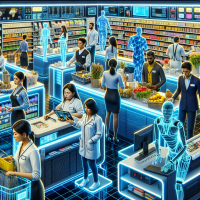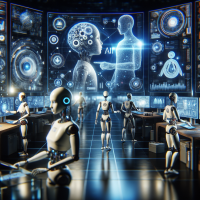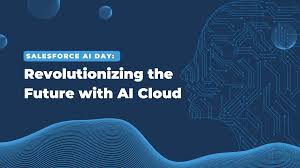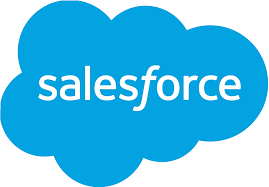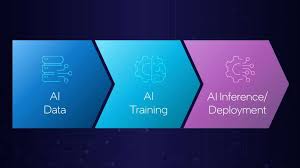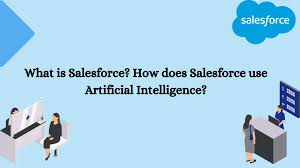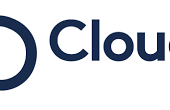Computer Vision Models
Introduction to Visual Language Models (VLMs): The Future of Computer Vision Achieving a 28% Boost in Multimodal Image Search Accuracy with VLMs Until recently, artificial intelligence models were narrowly focused—either excelling in understanding text or interpreting images, but rarely both. This siloed approach limited their potential to process and connect different types of data. The development of general-purpose language models, like GPTs, marked a significant leap forward. These models transitioned AI from task-specific systems to powerful, versatile tools capable of handling a wide range of language-driven tasks. Yet, despite their advancements, language models and computer vision systems evolved separately, like having the ability to hear without seeing—or vice versa. Visual Language Models (VLMs) bridge this gap, combining the capabilities of language and vision to create multimodal systems. In this article, we’ll explore VLMs’ architecture, training methods, challenges, and transformative potential in fields like image search. We’ll also examine how implementing VLMs revolutionized an AI-powered search engine. What Are Visual Language Models (VLMs)? VLMs represent the next step in the evolution of AI: multimodal models capable of processing multiple data types, including text, images, audio, and video. Why Multimodal Models? The rise of general-purpose approaches has outpaced narrow, specialized systems in recent years. Here’s why: At their core, VLMs receive input in the form of images and text (called “instructs”) and produce textual responses. Their range of applications includes image classification, description, interpretation, and more. For example: These tasks showcase VLMs’ ability to tackle a variety of challenges, including zero-shot and one-shot scenarios, where minimal prior training is required. How Do VLMs Work? Core Components VLMs typically consist of three main components: Workflow Adapters: The Key to Multimodality Adapters facilitate interaction between the image encoder and LLM. There are two primary types: Training VLMs Pre-Training VLMs are built on pre-trained LLMs and image encoders. Pre-training focuses on linking text and image modalities, as well as embedding world knowledge from visual data. Three types of data are used: Alignment Alignment fine-tunes VLMs for high-quality responses. This involves: Quality Evaluation Evaluating VLM performance involves: Revolutionizing Image Search with VLMs Incorporating VLMs into search engines transforms user experience by integrating text and image inputs. Previous Pipeline VLM-Powered Pipeline With VLMs, image and text inputs are processed together, creating a streamlined, accurate system that outperforms traditional pipelines by 28%. Conclusion Visual Language Models are a game-changer for AI, breaking down barriers between language and vision. From multimodal search engines to advanced problem-solving, VLMs unlock new possibilities in computer vision and beyond. The future of AI is multimodal—and VLMs are leading the way. Like Related Posts Salesforce OEM AppExchange Expanding its reach beyond CRM, Salesforce.com has launched a new service called AppExchange OEM Edition, aimed at non-CRM service providers. Read more Salesforce Jigsaw Salesforce.com, a prominent figure in cloud computing, has finalized a deal to acquire Jigsaw, a wiki-style business contact database, for Read more Health Cloud Brings Healthcare Transformation Following swiftly after last week’s successful launch of Financial Services Cloud, Salesforce has announced the second installment in its series Read more Top Ten Reasons Why Tectonic Loves the Cloud The Cloud is Good for Everyone – Why Tectonic loves the cloud You don’t need to worry about tracking licenses. Read more



